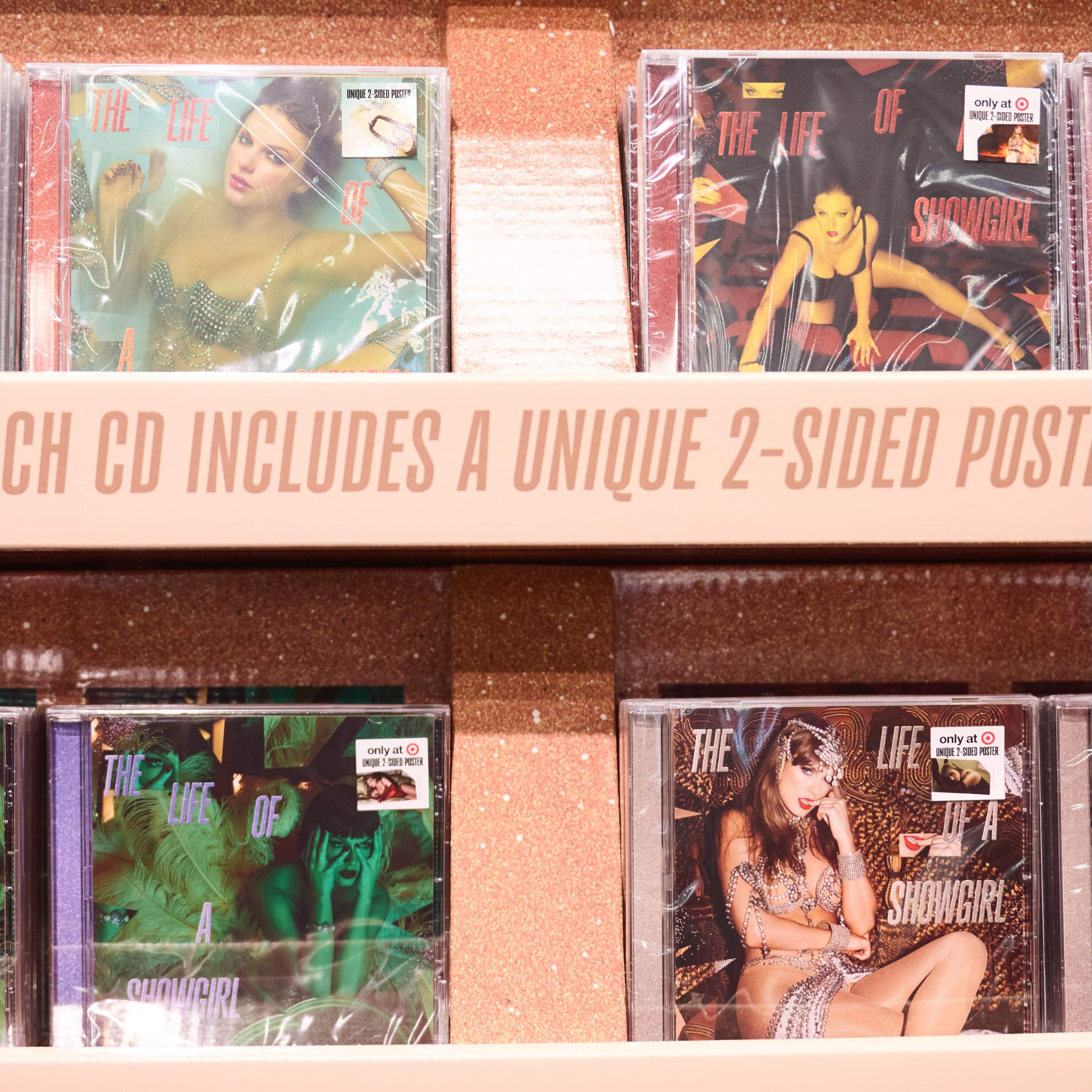We make a board game
We want to make a board game. It must, of course, teach the world about economics. It must be fun. It’d be nice if it sold lots of copies! How hard could that be!? (Monopoly and Catan are hugely popular and basically little economy simulators, after all.)
Well, turns out, it’s quite hard!
We’re in a golden age of tabletop games. Thirty years ago there were around 800 new games each year. Now it is more like 5,000. Just a handful of those get to be hits.
In the first episode of our new series, Planet Money sets forth on an epic quest to beat the odds.
Subscribe to Planet Money+
Listen free: Apple Podcasts, Spotify, the NPR app or anywhere you get podcasts.
Facebook / Instagram / TikTok / Our weekly Newsletter.
This episode was hosted by Kenny Malone and Erika Beras. It was produced by James Sneed with help from Emma Peaslee and edited by Marianne McCune. It was fact-checked by Sierra Juarez and engineered by Gilly Moon and Robert Rodriguez. Alex Goldmark is Planet Money’s executive producer.
Learn more about sponsor message choices: podcastchoices.com/adchoices
NPR Privacy Policy
Well, turns out, it’s quite hard!
We’re in a golden age of tabletop games. Thirty years ago there were around 800 new games each year. Now it is more like 5,000. Just a handful of those get to be hits.
In the first episode of our new series, Planet Money sets forth on an epic quest to beat the odds.
Subscribe to Planet Money+
Listen free: Apple Podcasts, Spotify, the NPR app or anywhere you get podcasts.
Facebook / Instagram / TikTok / Our weekly Newsletter.
This episode was hosted by Kenny Malone and Erika Beras. It was produced by James Sneed with help from Emma Peaslee and edited by Marianne McCune. It was fact-checked by Sierra Juarez and engineered by Gilly Moon and Robert Rodriguez. Alex Goldmark is Planet Money’s executive producer.
Learn more about sponsor message choices: podcastchoices.com/adchoices
NPR Privacy Policy
Press play and read along
Transcript
Transcript is processing—check back soon.
Planet Money — We make a board game





